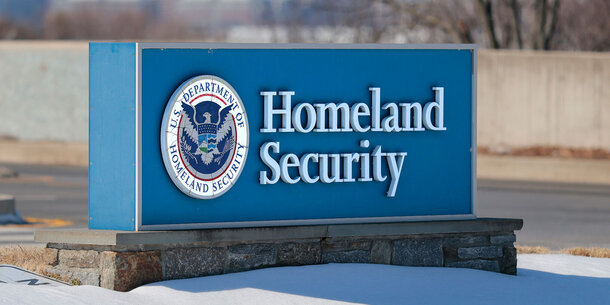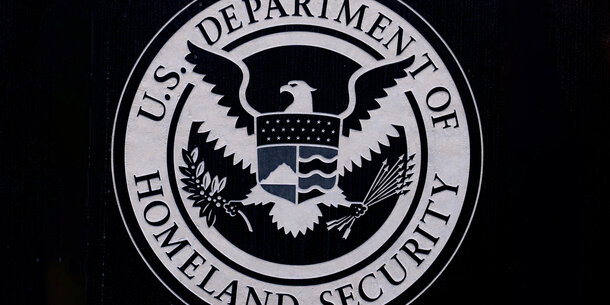A federal court has ruled that President Trump’s use of the National Guard around Los Angeles violates the Posse Comitatus Act, which bars the military from participating in civilian law enforcement unless doing so has been expressly authorized by Congress. U.S. District Judge Charles Breyer ordered the administration to stop using soldiers in California for activities such as arrests, searches, traffic or crowd control, and interrogation.
The decision comes as federal forces are increasingly being wielded as a tool of presidential posturing. In the past two months, Trump sent U.S. soldiers and federal agents to patrol Washington, DC, and has threatened to do the same in cities such as Chicago and New York on the pretext of fighting crime. He has also announced plans to deploy National Guard personnel for the same purpose to Memphis, and potentially New Orleans, with the cooperation of the governors of those states. For states that oppose this unprecedented insertion of the military into routine law enforcement, however, Breyer’s ruling offers a potential path for enforcing an important safeguard against using the military as a domestic police force.
The ruling is historic, as it is the first time a court has issued an injunction to stop a violation of the Posse Comitatus Act of 1878.
In this case, federalized California National Guard troops in Los Angeles assisted federal law enforcement with security patrols, traffic and crowd control, and riot response, all of which would normally be prohibited by the Posse Comitatus Act. The government argued, however, that the Posse Comitatus Act did not apply to the California National Guard because Trump had federalized them under a law that permits the president to call up the Guard to repel invasions, suppress rebellion, or step in for overwhelmed civilian authorities. But Breyer rejected the administration’s interpretation of this law, saying instead that the government had departed from more than a century of legal understanding and would “create a brand-new exception to the Posse Comitatus Act that nullifies the Act itself.”
The administration also claimed that the Constitution’s Take Care Clause, which says the president “shall take Care that the Laws be faithfully executed,” gives the president inherent authority to protect federal functions and property, even if that means using the military without Congress’s approval. Breyer rejected that argument too, writing, “This assertion is not grounded in the history of the Act, Supreme Court jurisprudence on executive authority, or common sense.”
He pointed out that the Posse Comitatus Act allows only “express” exceptions, and any inherent authority inferred by the executive branch is by definition not express. The Supreme Court’s landmark 1952 decision in Youngstown Sheet & Tube Company v. Sawyer is the lodestar for assessing such conflicts between the president and Congress. It says that when the president and Congress are at odds, Congress usually wins by default unless the Constitution grants the president clear authority over the issue. That is exceedingly rare, and as Breyer observes, it is not the case here. On the contrary, the Constitution’s Calling Forth Clause gives Congress the authority to regulate when, where, and how the military is used domestically. Thus, even assuming the president has an inherent protective power, that power can’t override an explicit constitutional definition of congressional power.
As such, Breyer ruled, the administration hadn’t established a valid constitutional exception to the Posse Comitatus Act, and the troops’ actions in California constituted exactly the kind of law enforcement activity the law prohibits. Moreover, he maintained that Trump, Secretary of Defense Pete Hegseth, and the Department of Defense had “violated the Posse Comitatus Act willfully” as part of “a top-down, systemic effort by Defendants to use military troops to execute various sectors of federal law (the drug laws and the immigration laws at least) across hundreds of miles and over the course of several months — and counting.”
While Breyer’s order blocking the continued use of the military for such purposes applies only to California and has been appealed, his ruling nonetheless should encourage other states to push back in court against any efforts by the president to use federal forces for routine domestic law enforcement. What the decision doesn’t do, however, is fix the underlying problem: outdated and poorly drafted laws that leave too much room for presidents to claim sweeping, questionable authority to deploy the military on U.S. soil in the first place.



